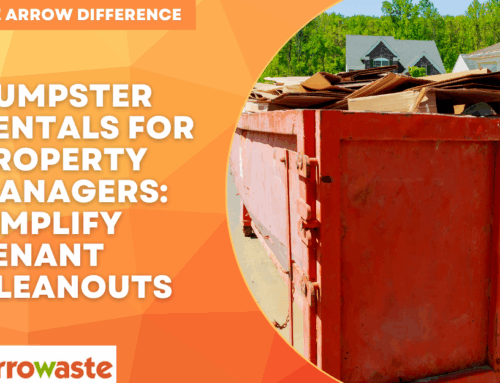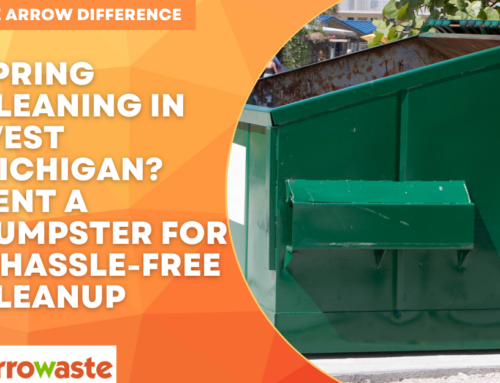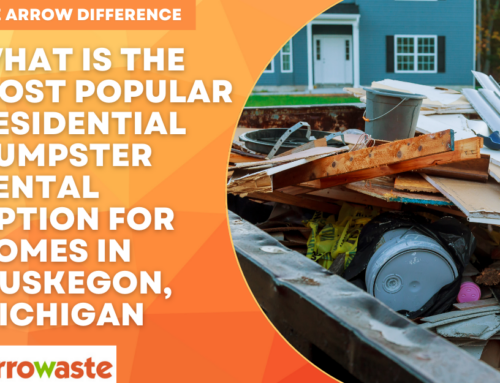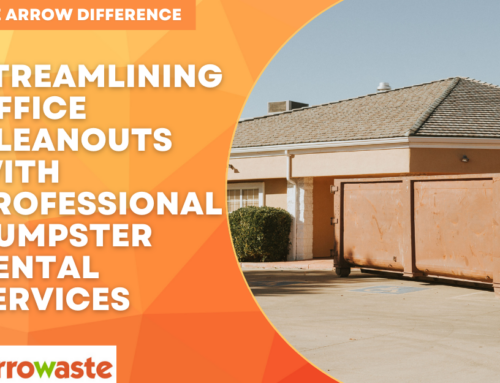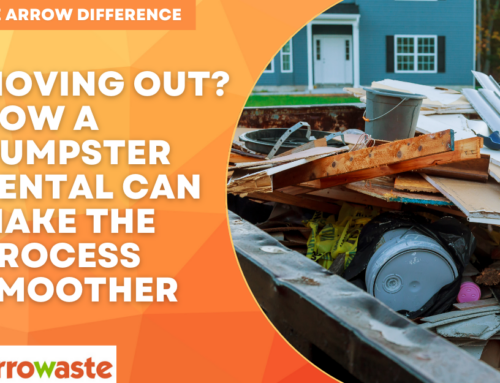Landscaping can be extremely beneficial to your property, making it healthy and look great — but it can also produce a lot of waste.
If you’ve mowed tall grass, trimmed the hedges, removed vines, cut back tree limbs, raked leaves, or anything else to improve your yard, then you’ve also produced yard waste.
In rural areas, residential yard waste doesn’t pose as much of an obstacle as it might for those who live in a city or the middle of a town. Most of the waste might get re-purposed or tossed somewhere on their property where it will decompose. For those in the city limits, it can be a much more different experience.
If you’re unsure of what to do with the heaps of waste you’ve amassed, try one of these tips.
Call your friendly neighborhood sanitation department
Most of the time, trash removal services will gladly take your residential yard waste. They often reuse it for mulch and other soil-enhancers in various projects. Some garbage companies might charge extra for waste that’s out of the norm, so you’ll have to call to double check.
Haul it
If you’re able to, bring it straight to the dump. Most dumps accept organic materials, but again, you’ll have to call to confirm. Some only take metal or other various materials so it would be a good idea to check before you got all the way there just to be turned away. Dumps will also usually charge a fee depending on the weight of your load, so be prepared for that as well. This can be the easiest option for those with a truck or relative easy access to one.
Shred it
Another good option is to rent a wood chipper for the day. Throw in your hedge clippings and branches to produce quality mulch for your lawn or garden. They can range in price and are often a few hundred dollars per day, so this method might be the more expensive choice. Although, it can prove to be a valuable way to reuse your waste.
Waste management can include up to 20 separate industries, and even though you might not think of clippings and tree branches as waste — they actually are. Dumping them on other people’s properties or leaving them scattered about is never the right way to dispose of them.


